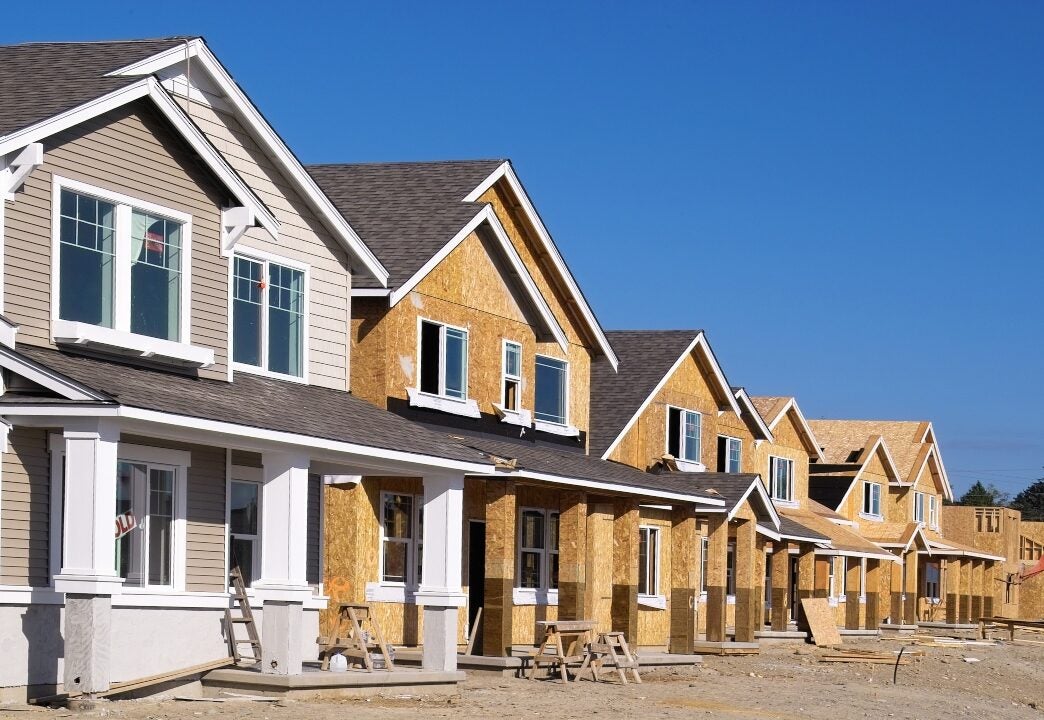The dream of a brand-new house that has the capacity to improve finishes, change plans for the floor, and become the first person to live in the property attracts buyers to the builders and developers' model homes every single day. According to sources in the industry, over 70% of buyers are looking to buy a brand new house. The new buyers who are focused on construction may be tempted by a fence, however, they must be prepared to be able to ask the right questions and be aware of red flags prior to making a decision.
Do's
Ask your agent. Thinking they will receive a better deal, or simply because they are ignorant, how that many buyers rely on the sales agent of the developer for representation? New construction buyers must research what dual agents can and should not do according to the state's licensing laws for real estate. A majority of states require written acknowledgement of dual-agency agreements by both parties. Every homebuyer should represent themselves by an agent who is under the fiduciary obligation to them. Buyers should be aware that many developers require that their agent be present when you first visit a sales centre.
Ask about the cost of the house as we see it. Models may come with each upgrade that the developer gives as an example for buyers. Buyers are encouraged to inquire about what the price of the model is in the way they perceive it. It is common for costs to vary significantly from the advertised prices for development.
Select the right developer. The relationship with a developer is like a relationship that lasts only a few days. Get references from developers' sales agents. Investigate the developer's past projects, the length of time of business, and complaints made to business bureaus.

-Consider resale characteristics. The appeal that comes with being first person to reside in a house can be a hindrance to the second location or workmanship. Think about a resale house in the first location before making a commitment to purchase not because it's brand new construction.
Don't
Do not forget to request holdbacks on work that has not been completed. Problems with material supply could delay the construction of a house. If certain features aren't needed for occupancy , the developer may be looking to sell your house. Be sure that any significant elements or features not yet completed in the new house have funds allocated to complete their installation or construction. Instruct these funds to be kept and put into an escrow account upon closing.
-Omit final written punch lists. You must complete an official walk-through of your
home for at minimum three days prior to closing on your new house. Make a list of all incomplete or unfinished objects. Punch lists may also draw an eye to objects that require to be painted or require more attention. Both the developer as well as the buyers must agree to the final punch list with a written agreement. Developers should submit punch lists in the first 30 days after closing.
Overlook prices vary in between upgraded and standard features. There could be a significant distinction in the quality and longevity between standard and more expensive finishes and fixtures. It might be worth the extra cost to put in better carpets as well as cabinets and faucets. Compare prices from builders at the local home center.
Don't be fooled by assessments that are low. Developers may use falsely low homeowner assessments for homeowners in the
new construction marketing materials. You should anticipate at least an increase of 25 percent in assessments for the first year following the time when the developer distributes the association to homeowners.



Comments
Post a Comment